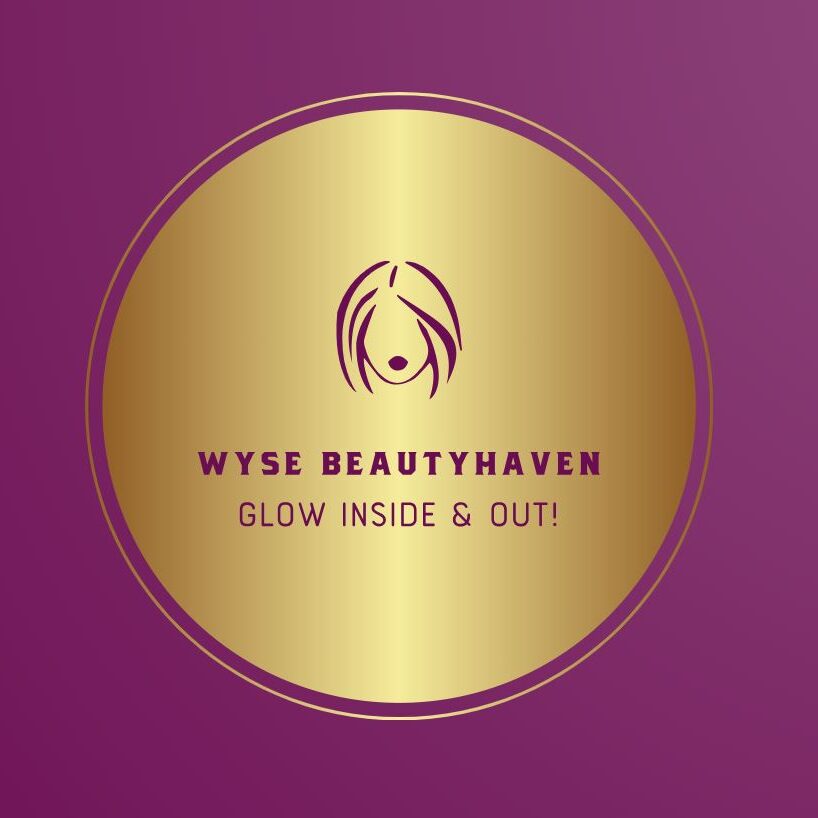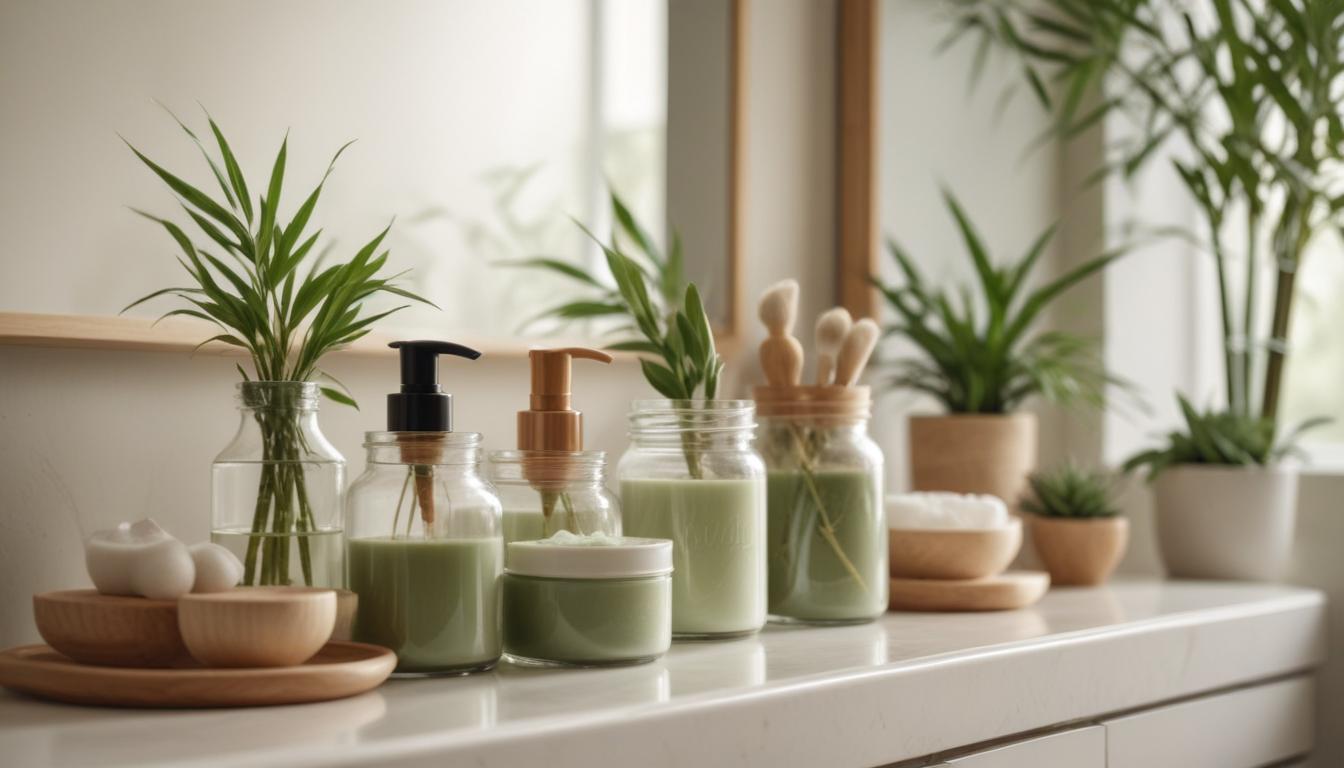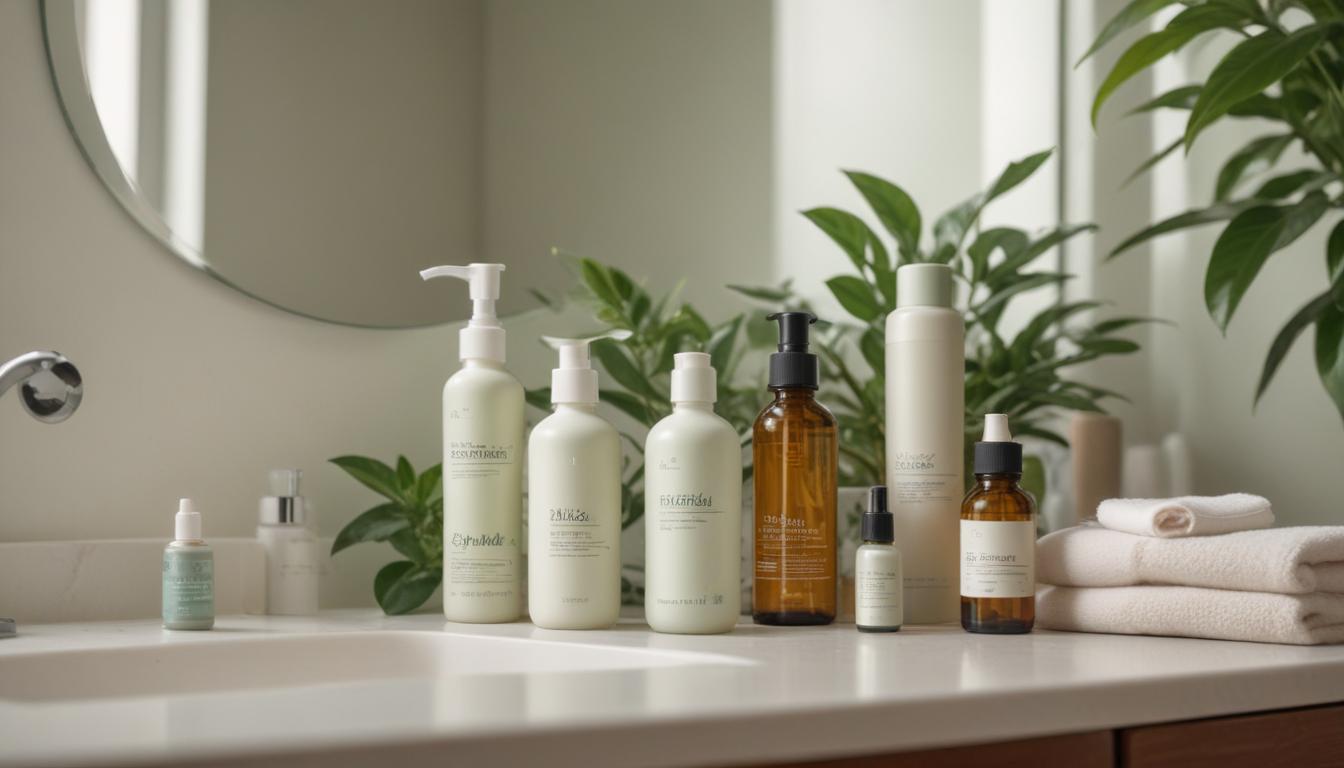Why Sustainable Skincare Matters
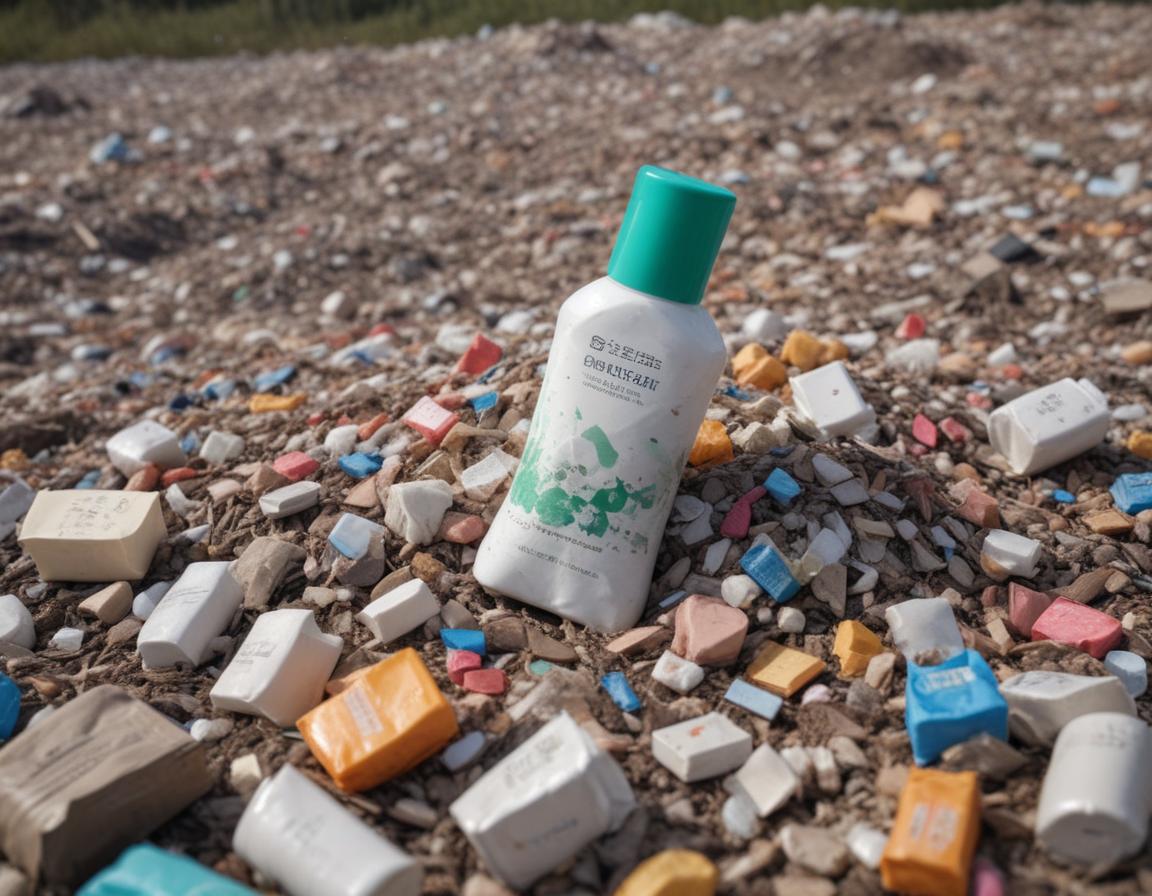
Sustainable skincare is about more than just aesthetics—it’s about addressing the heavy toll beauty products can have on the environment. For instance, traditional beauty packaging is often made from single-use plastics, contributing to the 300 million tons of plastic waste generated annually worldwide. By using recyclable materials, eco-friendly brands aim to minimize waste sent to landfills.
Moreover, many conventional skincare brands rely on unsustainable sourcing, often harming ecosystems and wildlife. Transitioning to sustainable brands ensures cruelty-free processes and ethically harvested ingredients that protect natural resources. Beyond its ecological importance, sustainable skincare also benefits your health. Brands that prioritize sustainability often emphasize natural, organic ingredients, free of unnecessary harsh chemicals or synthetic additives, making them gentler and safer for long-term skin health.
Trends in Sustainable Skincare
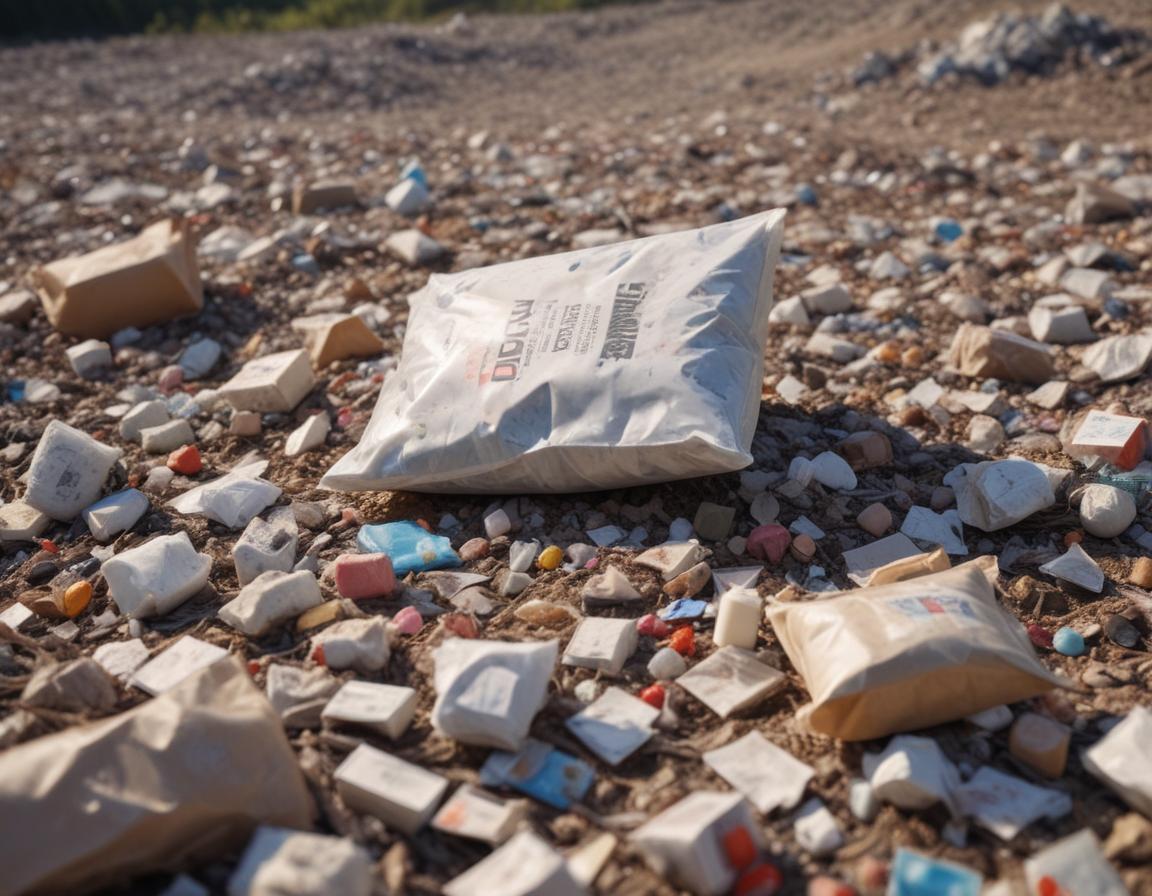
The sustainable skincare movement has brought several exciting trends to the forefront:
- Natural Ingredients: Ingredients like aloe vera, coconut oil, and tea tree oil are replacing synthetic compounds, providing skin-nurturing benefits without harmful side effects.
- Refillable Products: Sleek, reusable containers for skincare basics help reduce packaging waste substantially, promoting a ‘reuse instead of replace’ lifestyle.
- Upcycled Beauty: Forward-thinking brands are repurposing food industry byproducts—such as coffee grounds and fruit pulp—into nutrient-rich, active skincare ingredients.
These trends showcase a growing harmony between effectiveness and environmental responsibility, proving that sustainable beauty is both innovative and impactful.
Tips for a Greener Beauty Routine
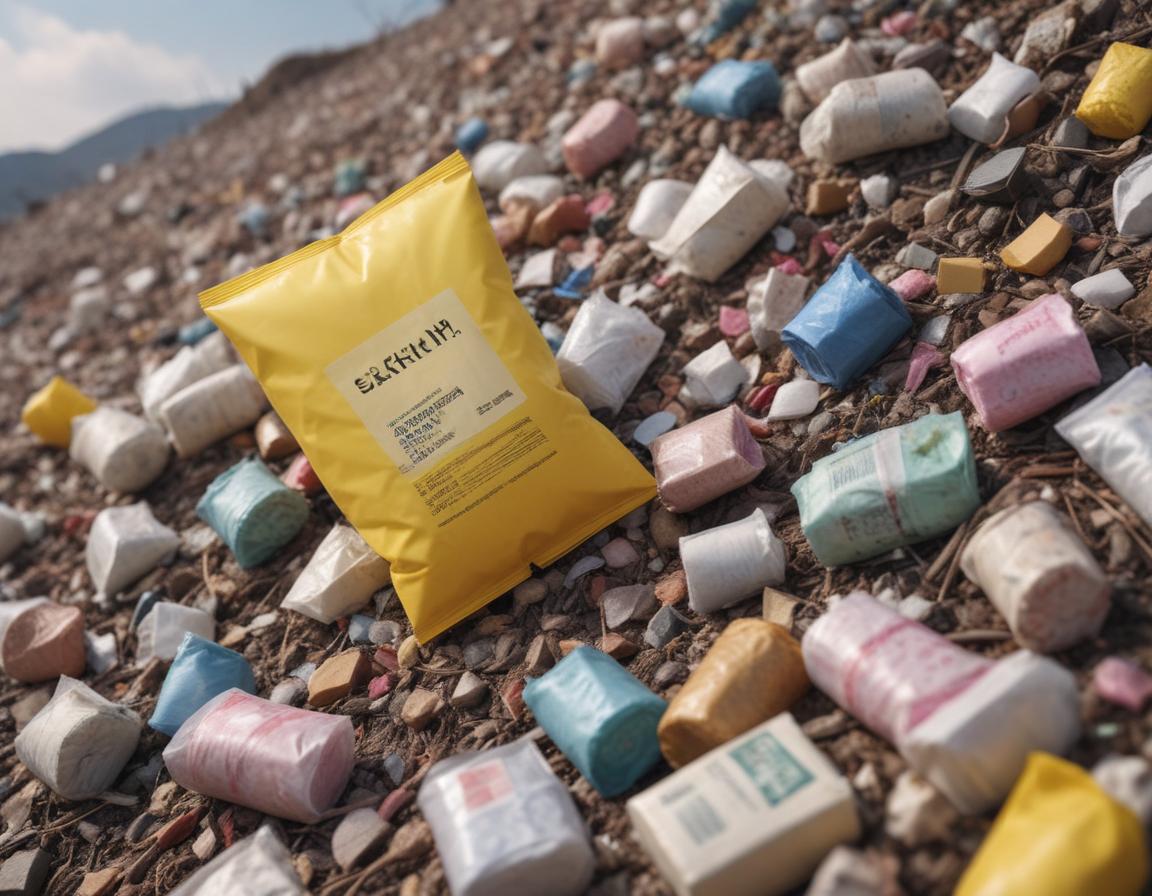
Making your beauty routine greener doesn’t have to feel overwhelming. Here are practical tips to get started:
- Choose skincare products in refillable or biodegradable packaging to drastically reduce waste.
- Look for labels that indicate ‘cruelty-free,’ ‘vegan,’ or certifications like Leaping Bunny; then research your chosen brand’s ethical sourcing practices.
- Incorporate natural ingredients like chamomile or jojoba oil to replace potentially harsh chemical-laden alternatives.
- Adopt a minimalist approach—buy only what your skin genuinely needs.
- Stay informed: Read ingredient labels and prioritize brands certified for eco-sensitivity.
Every small step brings you closer to a waste-conscious lifestyle while simultaneously caring for your skin.
The Benefits of Choosing Sustainable Skincare
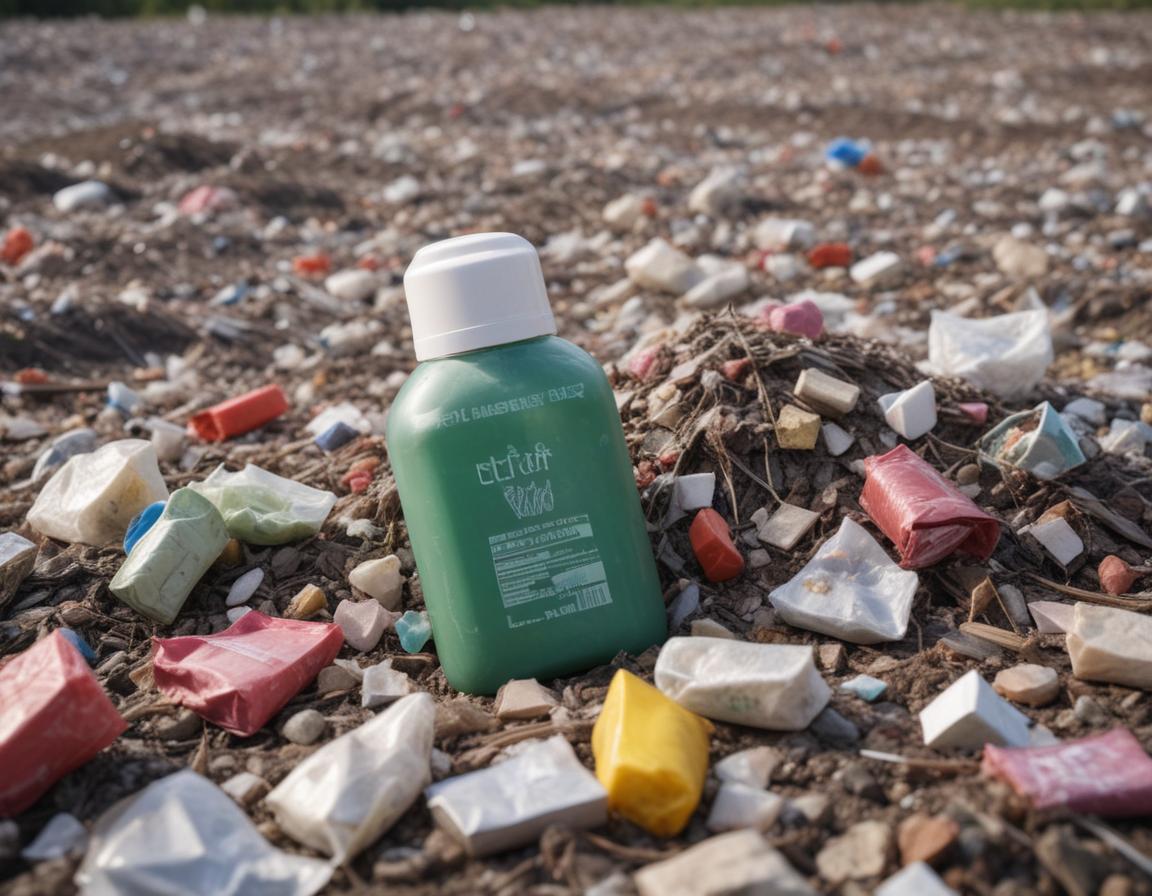
Switching to sustainable skincare benefits not just the environment but also your overall health:
- Products are generally free of synthetic emulsifiers, artificial fragrances, and harmful preservatives, making them safer for sensitive skin.
- You contribute to reducing plastic waste and lowering global carbon footprints.
- Your choices inspire wider change, signaling industries to prioritize environmentally-friendly practices.
By choosing sustainable beauty brands, you’re not just purchasing a product—you’re aligning your values with a globally conscious movement for a healthier, greener planet.
Building an Ethical Shopping Mindset
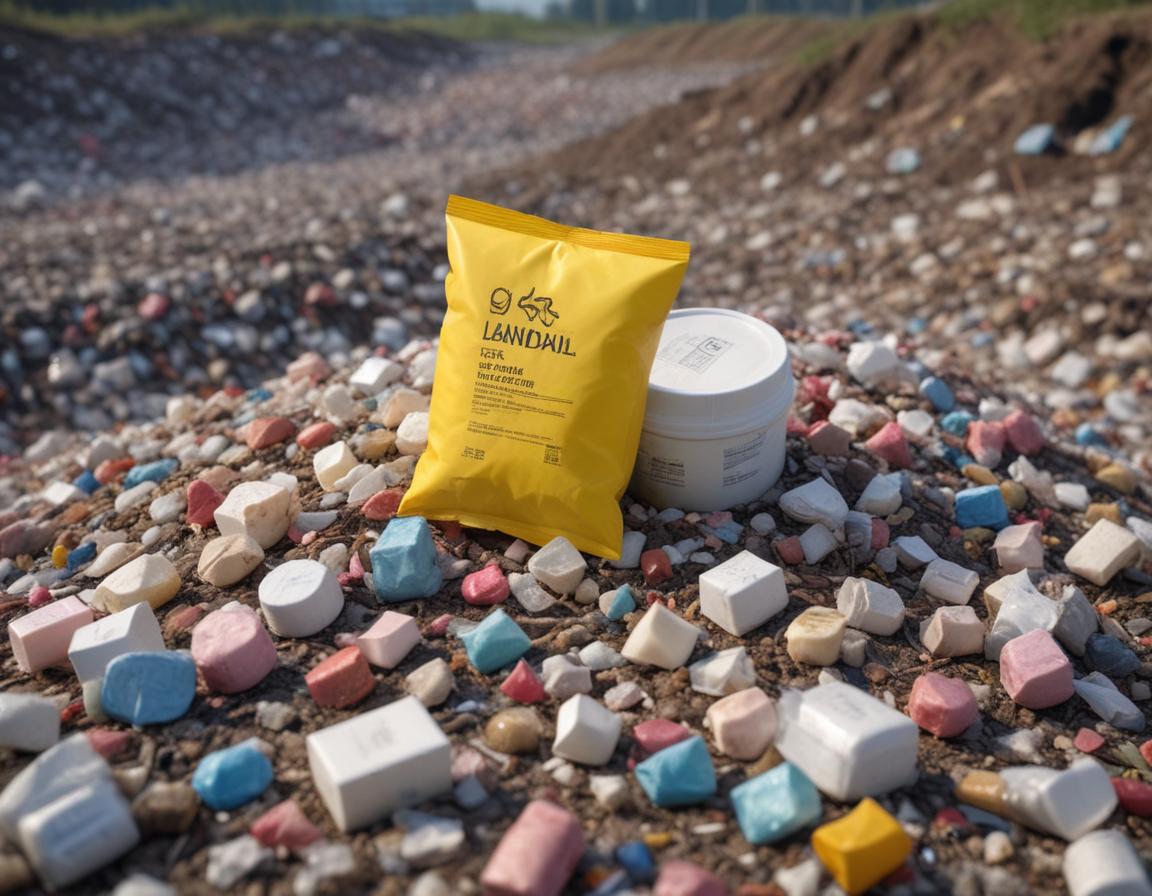
Adopting an ethical shopping mindset is crucial for a sustainable skincare journey:
- Seek brands that openly disclose where and how they source their ingredients.
- Look for certifications such as ‘Fair Trade,’ ‘USDA Organic,’ or ‘Leaping Bunny’ to ensure ethical transparency.
- Support local small-scale companies to minimize your carbon footprint while boosting local economies.
- Avoid social media-fueled overconsumption—buy only what fits your real needs.
As you cultivate a thoughtful approach to shopping, you’ll find that high-quality sustainable products often last longer and work better, giving you incredible value for your investment.
Sustainable Skincare: A Commitment to Tomorrow
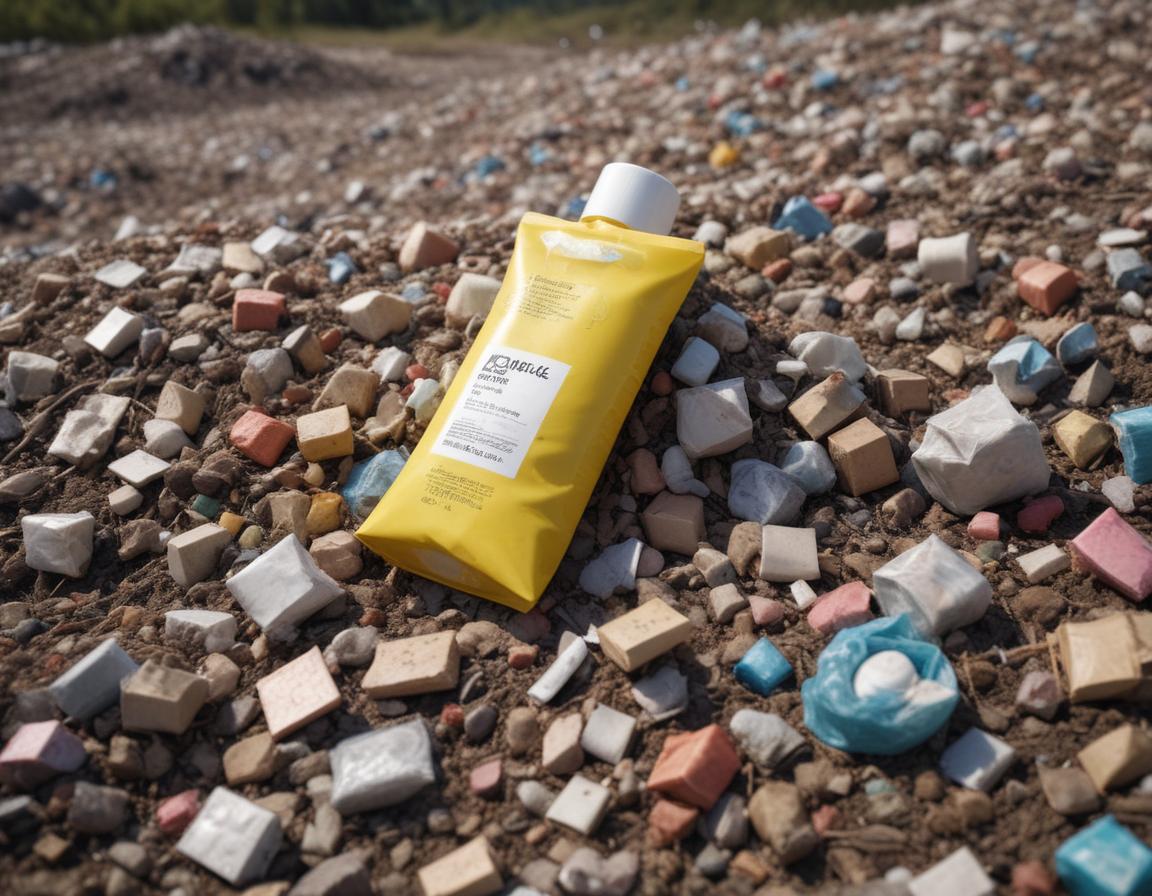
Ultimately, sustainable skincare represents more than just a choice—it’s a commitment to a healthier tomorrow. It’s about recognizing the interconnectedness of our decisions and the planet we rely on.
Switching to sustainable products signals a message to the beauty industry to adopt environmentally-friendly practices, shifting standards for packaging, ingredient sourcing, and waste management. While the transition won’t happen overnight, each green choice you make inspires collective responsibility for a healthier planet.
Imagine a world where beauty and nature coexist harmoniously. This dream begins with small, meaningful actions like those you take today.
“`
